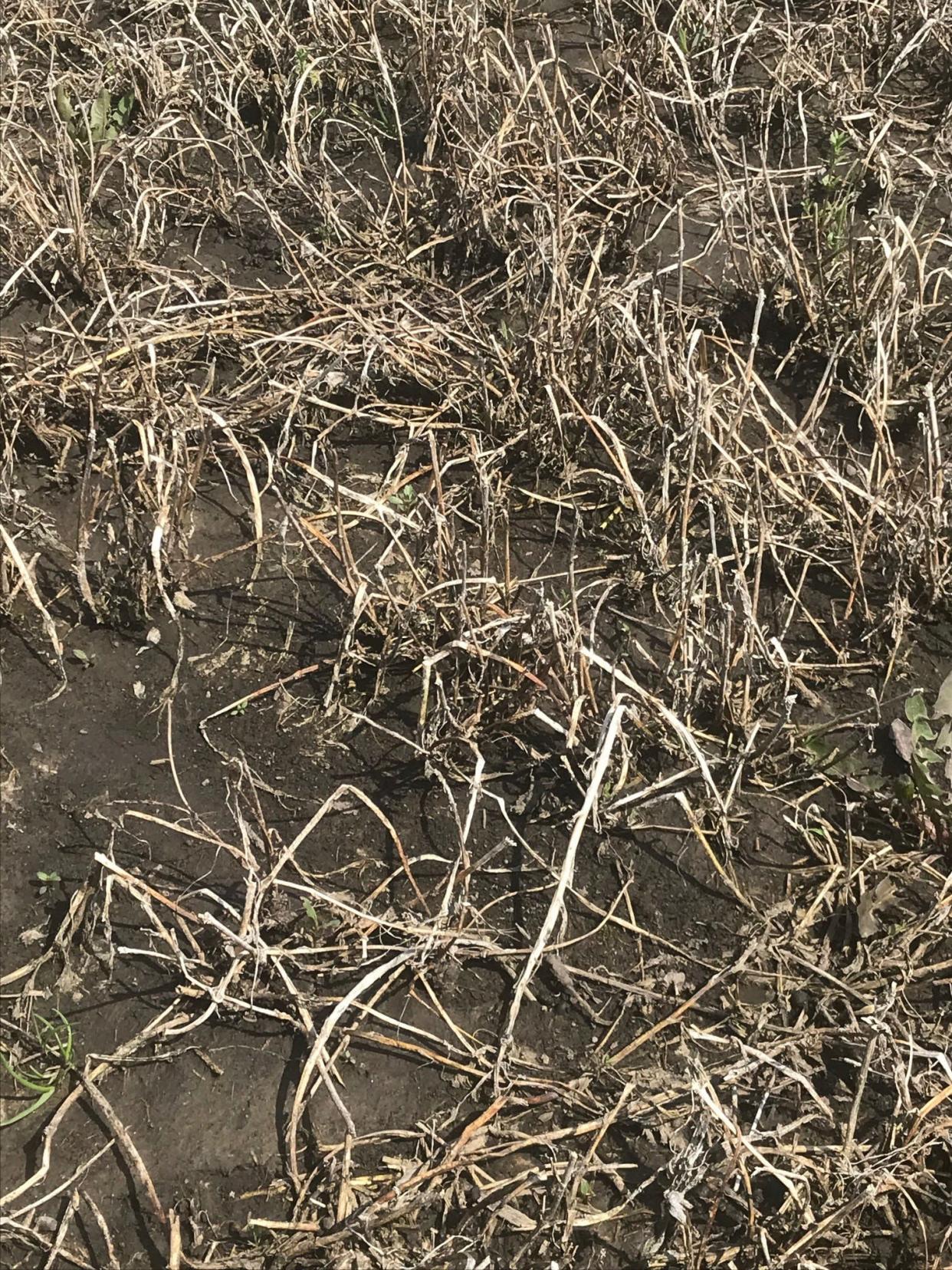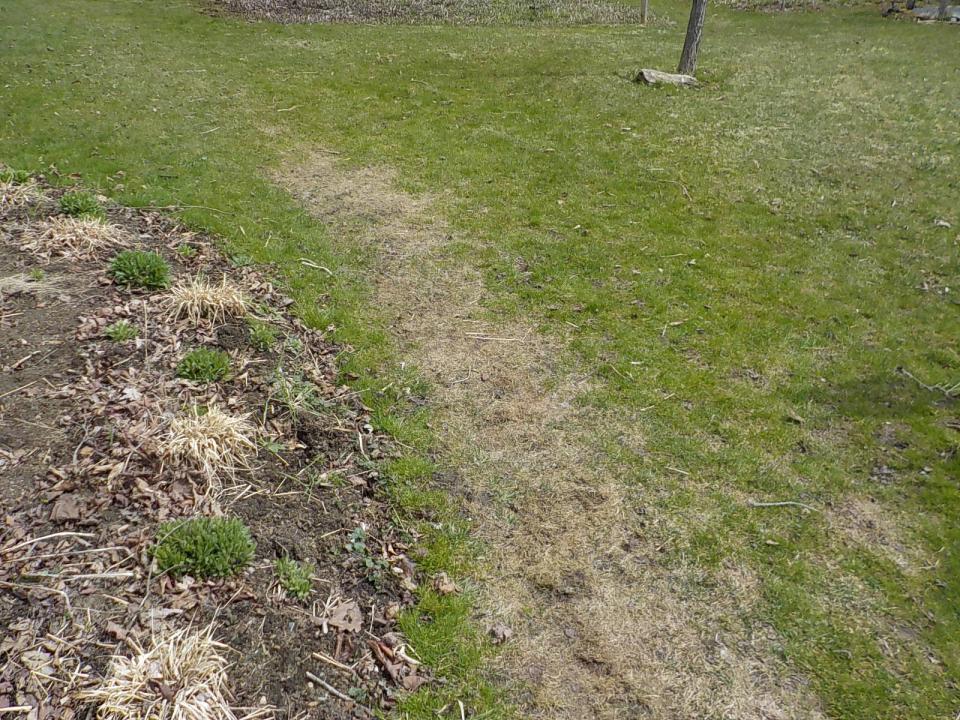Preventing winterkill in your lawn takes proper care and garden maintenance

As a trained entomologist, I learned a lot of fancy names for common ordinary insects. We studied insects' order, family and species name. Most people just call these “bugs.”
For example, we learned about the difference between a hornet, wasp, bee and ant. Normal people would just say “the things that sting.” It sounds like I got a degree in etymology (study of words) not entomology (study of insects).
Now you’re likely wondering where this is going and how does it relate to my lawn or plants. Well, I’ll tell you.
Winterkill is a common problem in Coastal Georgia. Areas of a lawn may never green up after the winter. Does this mean the winter killed the lawn? I thought our winter weather was not very severe here right?
More from Richard Evans: Here is how to take care of your garden this season
Winterkill can be worse during very cold winters, but winterkill is not just due to cold weather.
Winterkill is worse on stressed lawns. Stresses to the lawn throughout the year weaken the lawn and the turf dies in the winter. The real problem though is the stress. The cold, dry winter weather is just the straw that breaks the camel's back.
Here is a list of the types of things that stresses lawns. Correct these problems to improve plant health and reduce winterkill next year.
Traffic and hard soils are major factors causing winterkill. The roots are the arteries and veins of the plants. Turf cannot grow strong roots in compacted soils.

Georgia soils are naturally hard. Soil compaction from construction, parking cars, etc. can last up to 40 years. You can see how this can be a lasting problem. The best way to relieve this is to till with a tiller or disk harrow before seeding lawns. If you have large dead areas that are compacted, till them before putting grass out again.
Once grass is growing in an area, you cannot easily remove compaction. You can aerate soils but this is not nearly as good as tilling. If you do aerate, wet the soil deeply first and use a core aerator. This type of aerator has hollow tires or spoons that will pull up cores of soil.
I believe improper watering, especially during July through October, can weaken grass leading to winterkill. Do not water lawns every day or every other day!
Water deeply but infrequently so lawns can develop deep, strong roots. I do not recommend lawns be watered more often than every five to seven days in the summer.
When you water, apply 3/4 to one inch every time. How long will this take? Turn on the system, put a pan under it and time it. Water this long each time and wait for the lawn to show moisture stress before you water again. The lawn will turn grey, the leaves will roll up and you will be able to see your footprints in the lawn when it needs water again. This is the easiest way to know if you need to irrigate.
More from Richard Evans: Debating about transplanting your garden? No better time than right now.
Trees and shade can cause winterkill while also making drought worse. Some trees can really take the water out of the soil. Have you considered replacing the turf around the tree with mulch or ground cover? Are you irrigating properly under the tree? Shade-resistant grasses like St. Augustine or Zoysia may work better under trees than Bermuda grass.
Lawns with thatch thicker than one-half inch deep are prone to winterkill. Cut down through your lawn and measure the depth of the thatch layer. St. Augustine lawns can stand thatch layers up to one inch deep.

Other stresses may include slope, improper mowing height, diseases and insects. Gardeners often wonder if a herbicide killed their grass. This is hard to tell. I often find that herbicide-damaged lawns have been weakened by these other factors.
Healthy lawns can usually survive a weed killer. How much blame should be put on the chemical and how much on the care the lawn receives? The lesson I learned is not to put herbicides on weak lawns (non-irrigated, thatchy or watered too often in summer). Especially avoid weed killers on these lawns during green-up - when grass is especially sensitive.
Winterkill is not caused by cold weather alone. Care and environmental factors prepare the lawn to resist or succumb to winter weather. Start preparing your lawn now to resist next winter's cold, dry weather.
Richard Evans is the agriculture and natural resources agent for Bryan/Liberty County Cooperative Extension. Reach him at 912-653-2231 or uge3029@uga.edu (Bryan County) or 912-876-2133/uge3179@uga.edu (Liberty County)
This article originally appeared on Savannah Morning News: Gardening tips: How to prevent winter from killing your lawn

